
Sponsored Contents | Jul 05,2021
Demanding higher compensation, oil retail companies have refused to sign an agreement for a new payment scheme that requires the retailers to pay the cost of oil they receive upfront. The companies argue that the new payment modality, which requires them to bring unconditional payment guarantees, squeezes their profit margin.
The modality was supposed to take hold on March 10, 2021; however, the companies are hesitant to sign the contract unless an adjustment is made to the compensation. When bringing unconditional payment guarantees from financial institutions, the oil companies must pay a service fee and interest. This is an additional cost for them while their one percent profit margin remains constant.
The new payment scheme requires oil retailers to pay 10pc of the cost of the oil they receive upfront and provide the remaining in unconditional payment guarantees over the following three months. The amount they will have to pay upfront is scheduled to increase to 25pc three months after starting the new modality. In a year, the companies will be expected to cover the entire cost upfront.
The agreement was supposed to be signed last week, and contracts have been sent to oil retailers. Still, they have not been signed as pre-conditions have not been met, according to Alemayehu Tsegaye, communications director of the Ethiopian Petroleum Supply Enterprise.
The dispute heated up while the city was hit by a fuel supply shortage that lasted over three weeks. The shortage occurred days after the government announced a 20pc adjustment on the benzene retail price in two rounds.
For years, transactions were done using a credit-based method whereby the companies settle payment post-sale. With the new payment system that was initially announced in September 2019, the Enterprise stated that the difficulty in collecting debt has been rising as the number of oil companies increases.
The sector has been beaten up for 30 years, according to Bruck Girma, general manager of Dalol Oil, one of the 34 operational oil companies in the country.
"Oil companies haven't enjoyed sufficient returns on their investments in comparison to other sectors, and they lack the capacity to shift to an upfront payment system," he said.
Bruck also agrees that the amount of payment offered by the government is inadequate, stating that the commission banks require for an unconditional payment guarantee is 2.5pc.
This is a steep amount considering the margin the companies make is just about one percent, according to Bruck.
The government promised that the prices incurred by oil companies during the implementation of the new modality would be compensated. As a means of doing that, slight price increases on benzene and diesel were made this past week to compensate for loan costs that petroleum companies incur. The price of benzene was increased by four cents a litre, while diesel saw a hike of 14 cents a litre.
The Enterprise has studied and drafted an appropriate amount of compensation for costs incurred. It has forwarded it to the Ministry of Trade & Industry, which has the final say on approval, according to Alemayehu.
Following the approach of the date of implementation, some oil dealers have received letters from oil companies stating that they will have to pay 10pc to 100pc of the cost upfront, according to Ephrem Tesfaye, a board member at the Association of Petroleum Dealers. The letters still have not been rescinded.
"The dealers are incapable of paying upfront with the slim profit margins they have, and taking out loans might be problematic as they are unable to provide collateral," Ephrem said.
Dalol is facing problems in readying their payments before the new payment scheme takes hold, according to Bruck.
"We're trying our luck with banks," he said, relating that he remains pessimistic about it working out.
Eshete Asfaw, state minister for Trade & Industry, stated that the latest change is part of the government's reforms, and nothing will stop it from taking hold.
"We're investigating the calculations," he said, "and we'll readjust the price if we find it reasonable."
Eshete, who indicated that the requests seem reasonable, affirms that the price increase was pushed to customers to cover the costs incurred by companies in financing payments.
The implementation of the new payment modality seems to be rushed and infeasible, according to Serkalem Gebrekristos (PhD), an expert with two decades of experience in petroleum supply. He argues that the system will cause financial strain on the companies and the dealers who are already operating on thin margins.
"If the sector was not so highly regulated in terms of price," said Serkalem, "the new scheme might work, since the companies could find a way to finance their costs."
If the stakeholders cannot reach an agreement, it might be wise to involve independent professionals to perform a study, according to Serkalem.
PUBLISHED ON
Mar 13,2021 [ VOL
21 , NO
1089]

Sponsored Contents | Jul 05,2021

Radar | Oct 09,2021
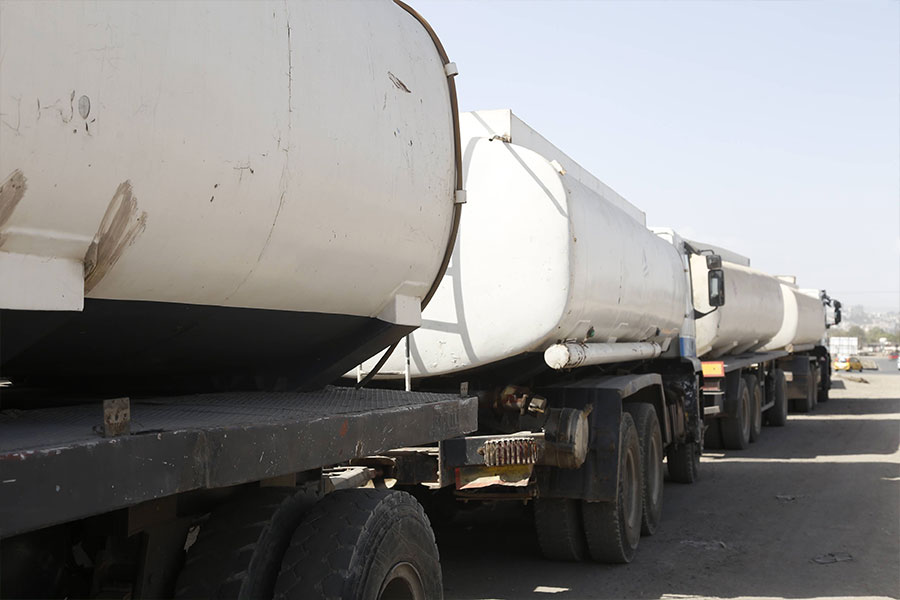
Fortune News | Apr 02,2022
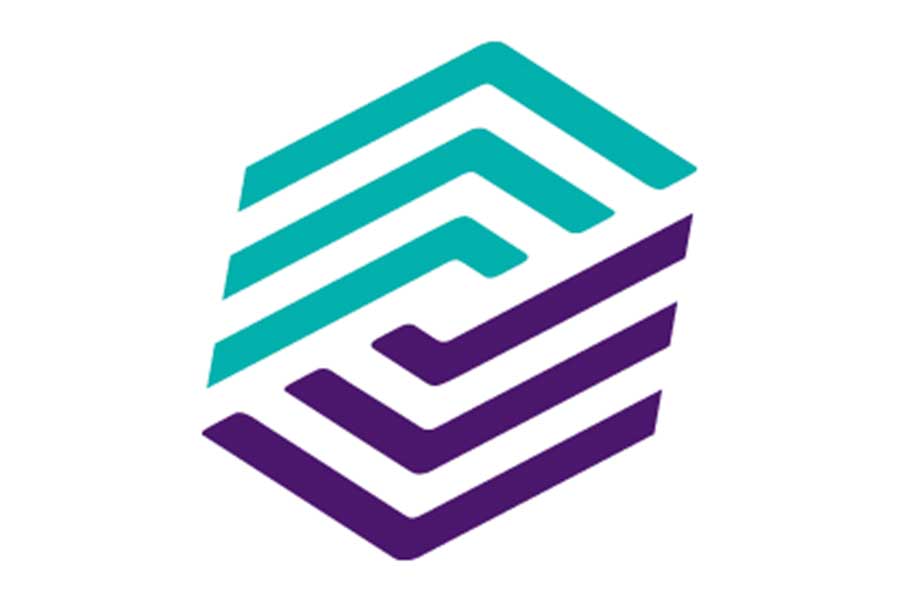
Radar | Nov 12,2022
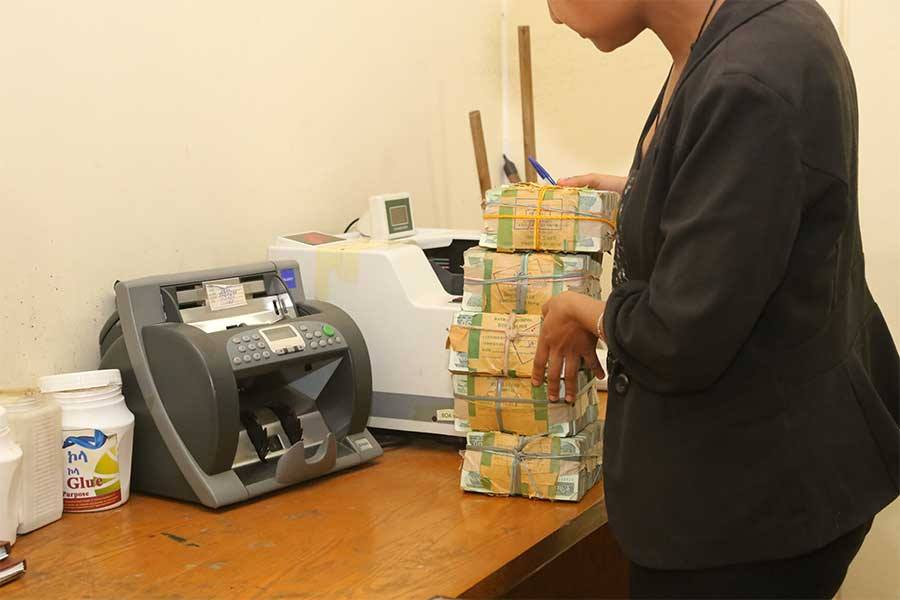
Fortune News | May 20,2020

Commentaries | Jul 31,2021
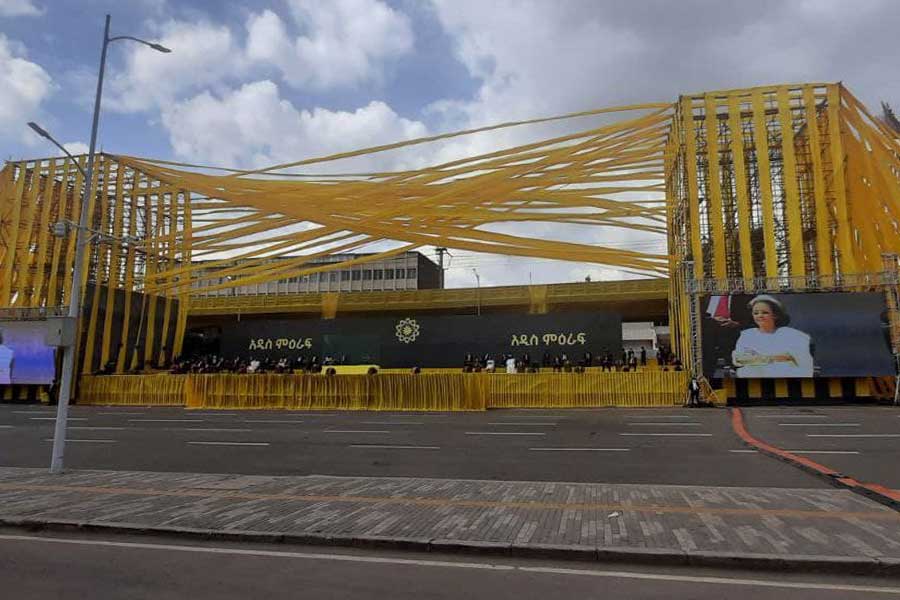
Fortune News | Oct 04,2021

Fortune News | Jun 12,2021
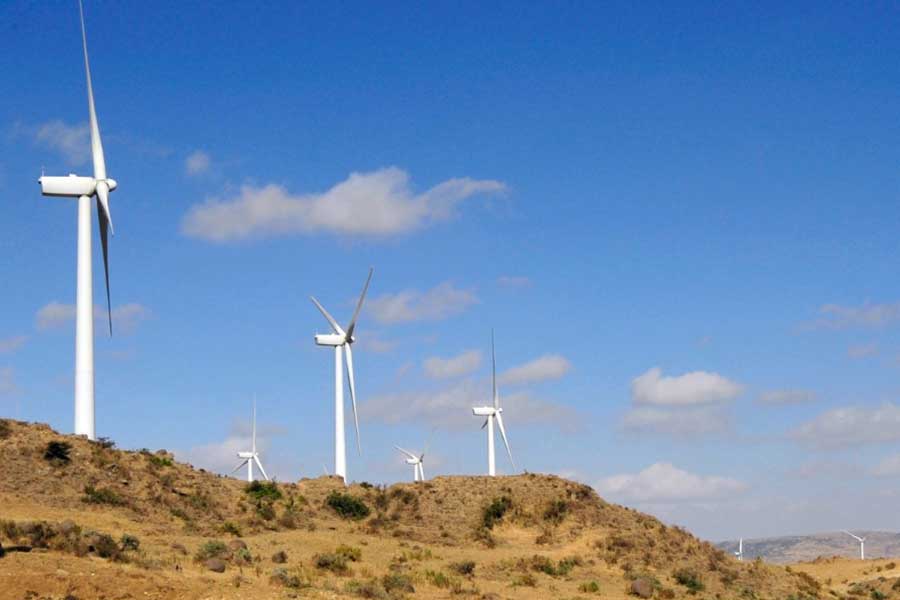

Radar | Dec 17,2022

Dec 22 , 2024 . By TIZITA SHEWAFERAW
Charged with transforming colossal state-owned enterprises into modern and competitiv...

Aug 18 , 2024 . By AKSAH ITALO
Although predictable Yonas Zerihun's job in the ride-hailing service is not immune to...

Jul 28 , 2024 . By TIZITA SHEWAFERAW
Unhabitual, perhaps too many, Samuel Gebreyohannes, 38, used to occasionally enjoy a couple of beers at breakfast. However, he recently swit...

Jul 13 , 2024 . By AKSAH ITALO
Investors who rely on tractors, trucks, and field vehicles for commuting, transporting commodities, and f...

Oct 18 , 2025
The political establishment, notably the ruling party and its top brass, has become p...

Oct 11 , 2025
Ladislas Farago, a roving Associated Press (AP) correspondent, arrived in Ethiopia in...

Oct 4 , 2025
Eyob Tekalegn (PhD) had been in the Governor's chair for only weeks when, on Septembe...

Sep 27 , 2025
Four years into an experiment with “shock therapy” in education, the national moo...